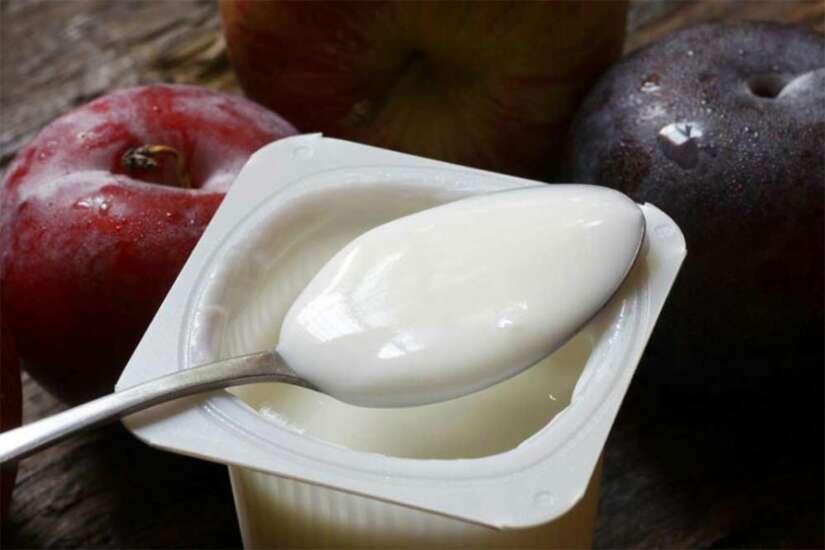ONE of the foods known to increase immune system and maintain good gut health is probiotic. Adding a probiotic to your nutritional routine is an excellent way to support your digestive and immune health while boosting overall wellness.
But there are doubts raised on probiotics being sold in the market since most of the yogurt contain a lot of sugar or artificial sweetener which many believed defeat the purpose.
True, not all yogurt or probiotics in the market are the same though all manufacturers clam superiority. Read on to know more about the probiotics, and should they be bought cold or not.
* All probiotics need to be refrigerated. Almost all yogurts and probiotic drinks in the market are refrigerated and sold cold. Because if probiotics weren’t refrigerated there was a good chance the bacteria would die off.
But not all need refrigeration, and the requirement vary from product to product. Advance technology makes today’s probiotics to remain stable at room temperature.
Better read the label to know. If the label doesn’t say anything about refrigeration, you can assume that it is shelf-stable and refrigeration isn’t needed.
* A product much better from another. While probiotics are the beneficial bacteria that live in our intestinal tract, there are trillions of organisms in our intestinal tract and dozens if not hundreds of different strains of good bacteria there as well. As a result, it’s impossible to say for certain which probiotic strain is “best” because it varies significantly from one person to another.
Everyone’s gut microbiome is different depending on diet, genes, climate, age, the acidity of our digestive tract and countless other variables—and our microbiomes are continually shifting.
The best probiotic for you will also depend on why you are using a probiotic in the first place since different probiotic strains may benefit your health in different ways. In short, what’s ideal for you will certainly be different from another person. This is also a big reason why most people prefer probiotic combination formulas instead of supplements offering just one or two strains of probiotics.
* Yogurt and probiotics. Would a cup of yogurt or a bottle of yogurt drink is enough? Some studies said not all yogurts contain viable probiotics by the time they make it to store shelves although yogurt is made with bacterial cultures.
Some yogurts are heat-treated after fermentation, which can kill the live cultures that were used to make them. Again, reading the label is important to make sure you get what you need.
If your yogurt does contain viable probiotics, the question becomes—how much beneficial gut bacteria are you really getting from yogurt? There are brands that claim they have all the benefits but not until you’ve consumed several cups of it in a day.
So, unless you plan on eating a few cups of yogurt every day, you are not likely to see the same benefits or gain any regular digestive support. You also have to keep an eye out for added sugars in yogurt, which equate to extra calories.
On the other hand, probiotic supplements deliver carefully measured daily servings of probiotics in much higher concentrations, and without the extra calories from eating all that yogurt. If regular maintenance is what you want, a high-quality probiotic formula may be a better choice.

